Mozambique
In Mozambique, at least 1.5 million people are in need of help because of an El Niño-induced drought, the UN Office for the Coordination of Humanitarian Affairs (OCHA) has said.
The UN humanitarian agency disclosed that El Nino, the harsh weather phenomenon – characterized by warmer sea temperatures that can cause extreme climatic conditions – is credited with causing disastrous growing conditions in the southern African country.
As a result, some 95,000 children are or will be malnourished in coming months.
OCHA’s spokesperson Jens Laerke in an interview with UN radio said; “The people who are mainly affected are rural populations, these are farmers; they grow mainly rain-fed crops, cassava, maize, millet, rice, beans, so there is a direct link between El Niño and the face that they are in very dire straits at the moment.”
Drought in #Mozambique leaves 1.5 mln ppl needing help.
— UN Geneva (UNGeneva) June 15, 2016UN_RadioGeneva News in Brief: https://t.co/ma8yf6ySdE; pic.twitter.com/2aHYRjS9gB
According to OCHA, the southern African nation’s humanitarian response plan has received a paltry $13 million out of an expected $200 million.
In 1997 to 1998 the Southern African nation experienced a similar El Nino episode. Crop yields were destroyed and livestock killed prompting many to leave their homes.
“The El Niño of 1997-1998 was the worst in modern records for Zimbabwe. It left swaths of the low level underwater and killed a number of people. It also triggered widespread waterborne disease outbreaks,” an earlier statement from UNICEF read.



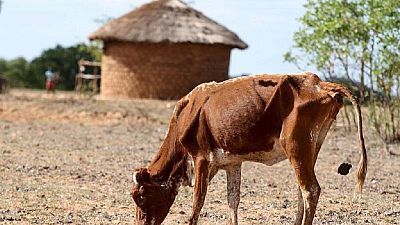

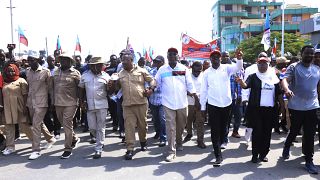

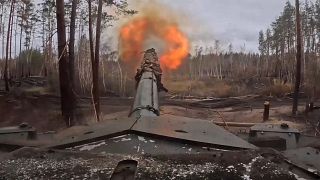
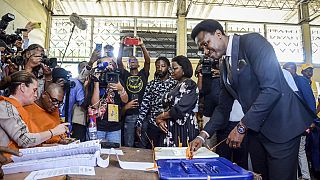
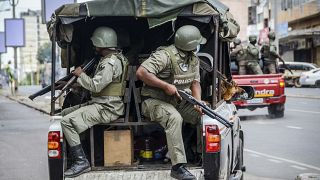
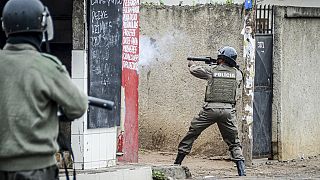
01:25
Negotiators race to reach deal as climate talks face deadlock
Go to video
SADC extends mandate of its troops in DRC and Mozambique
01:13
EU agrees to give another €20 million to Rwanda Defence Force in Mozambique
02:09
Russia vetoes UN resolution calling for immediate cease-fire in Sudan
01:14
Hundreds dead, thousands infected in Sudan's months-long cholera outbreak
01:16
Mozambique's government imposes ban on demonstrations, after weeks of deadly post-election protests